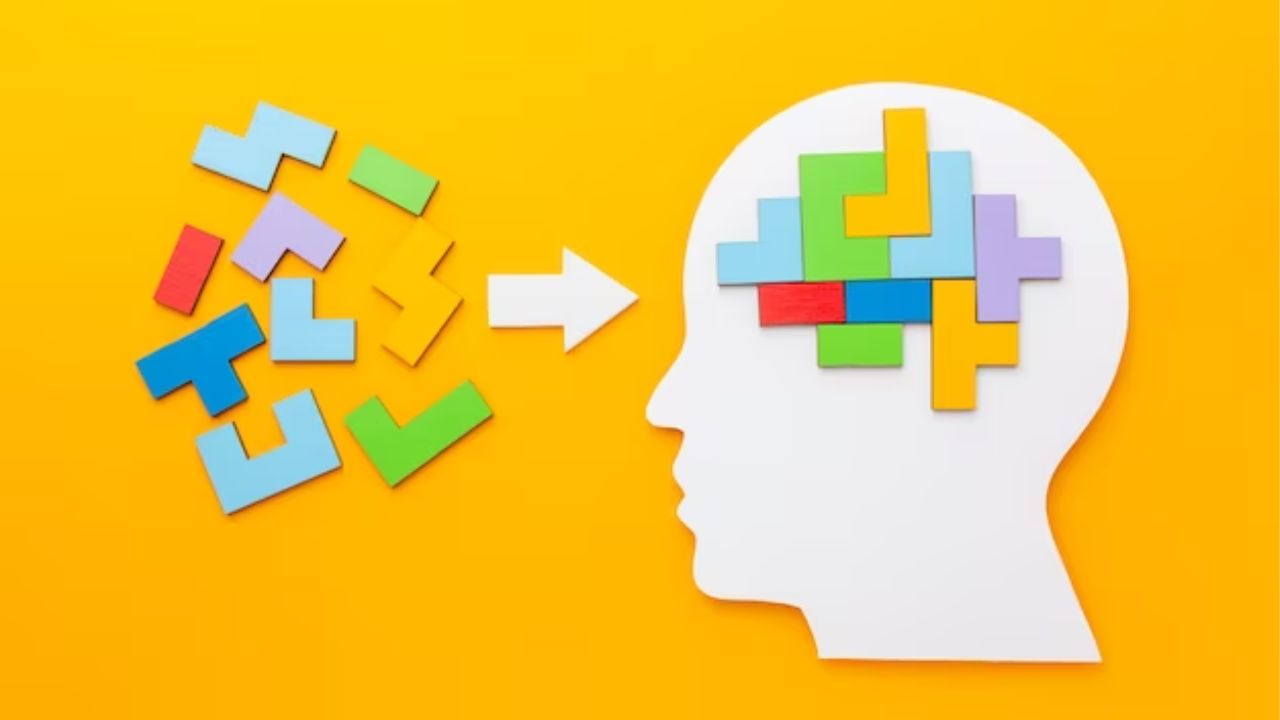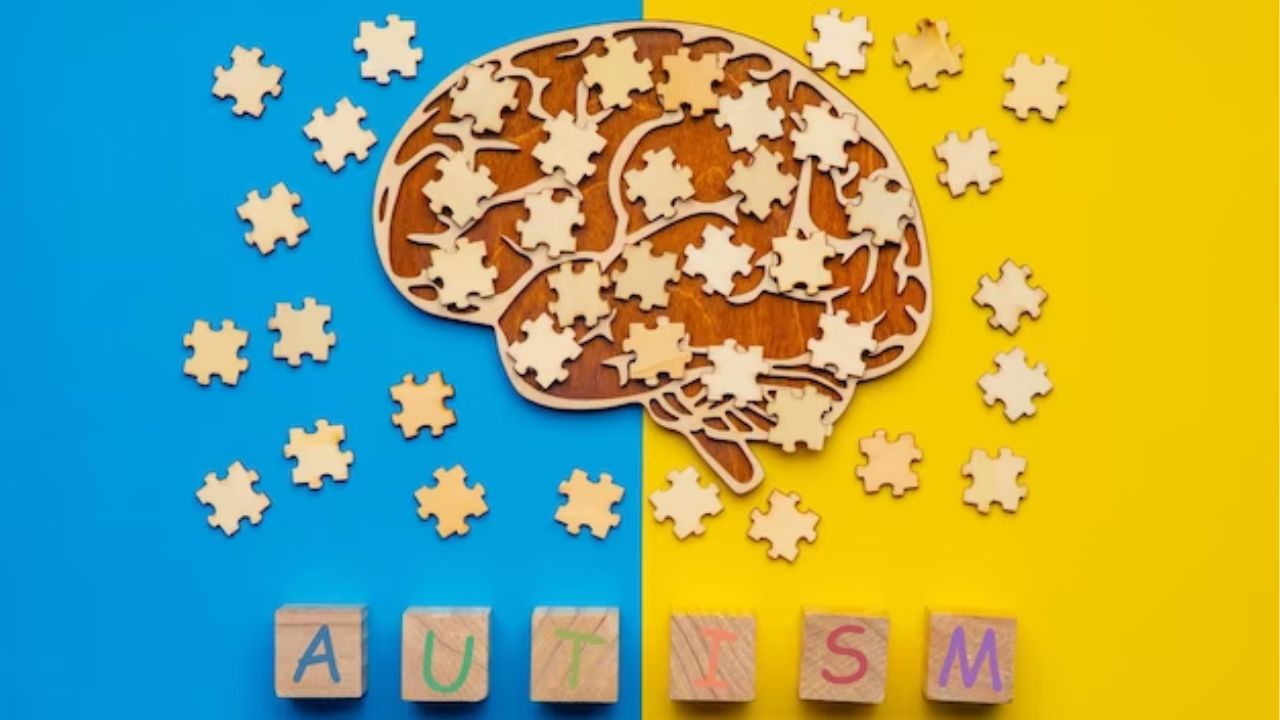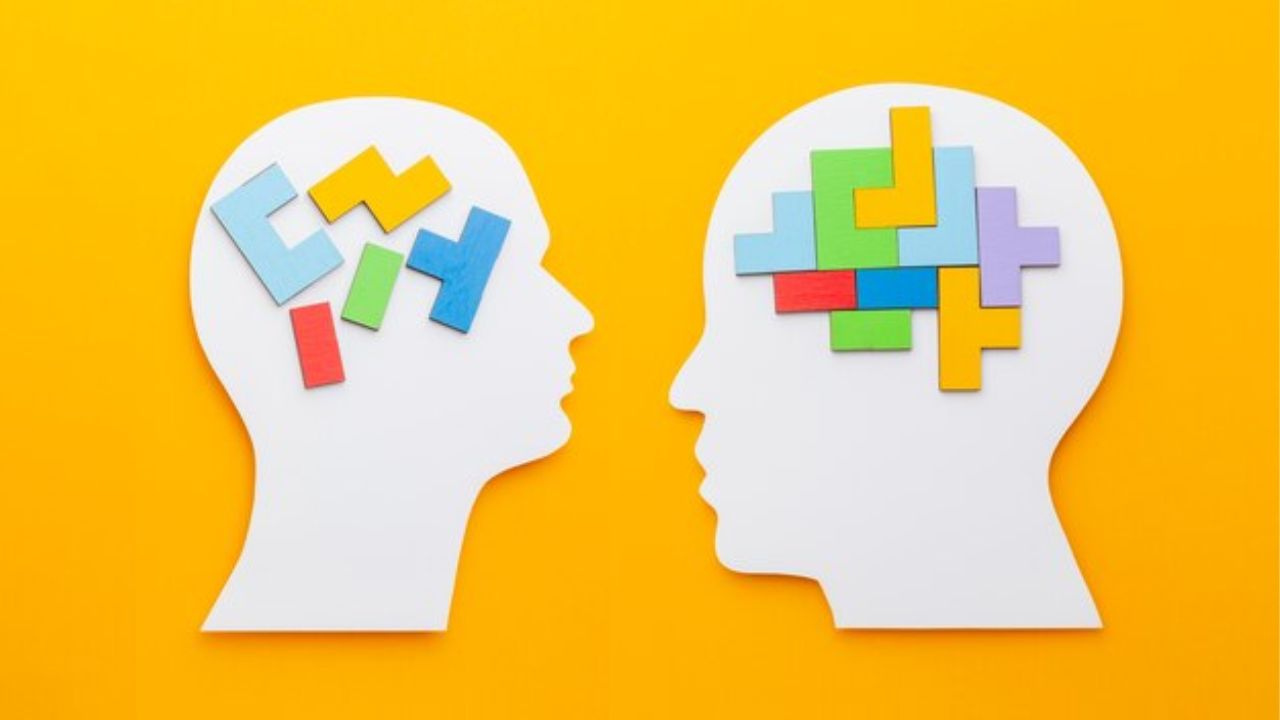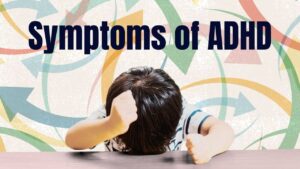Attention Deficit Hyperactivity Disorder (ADHD) is a neurodevelopmental condition that affects people of all ages. It is characterized by persistent patterns of inattention, hyperactivity, and impulsivity that can significantly impact daily life. While ADHD is often associated with children, it can persist into adulthood, influencing various aspects of one’s personal and professional life. In this blog, we will explore the key characteristics of ADHD and shed light on the diverse ways in which it manifests.
Inattention:
One of the primary characteristics of ADHD is inattention. Individuals with ADHD may struggle to sustain focus on tasks, leading to frequent mistakes and forgetfulness. They may become easily distracted by external stimuli, making it challenging to complete tasks that require prolonged concentration. This difficulty in maintaining attention can affect academic performance, work productivity, and even interpersonal relationships.
Inattention is a defining characteristic of Attention Deficit Hyperactivity Disorder (ADHD), encompassing a range of challenges that impact an individual’s ability to concentrate and focus.

Those affected by ADHD often find it difficult to sustain attention on tasks, frequently becoming sidetracked by external stimuli. Simple tasks may become intricate as the mind wanders, leading to forgetfulness and a heightened susceptibility to distractions.
This pervasive inattentiveness can extend to academic settings, work environments, and even personal relationships, shaping the daily experiences of individuals with ADHD.
Coping with inattention involves developing strategies that enhance focus, such as breaking tasks into smaller, more manageable steps, creating structured routines, and minimizing external disturbances. Understanding and addressing inattention are crucial steps towards helping individuals with ADHD navigate their lives more effectively.
Hyperactivity:
Hyperactivity is another hallmark of ADHD, especially in children. However, it’s important to note that not everyone with ADHD exhibits hyperactivity. Some individuals may have a predominantly inattentive presentation, while others display both inattention and hyperactivity. Hyperactive behaviors include excessive fidgeting, restlessness, impulsivity, and difficulty engaging in quiet activities.
Hyperactivity, a prominent aspect of Attention Deficit Hyperactivity Disorder (ADHD), manifests as excessive movement, restlessness, and impulsivity. While commonly associated with children, hyperactivity can persist into adulthood and impact various aspects of daily life.

In children, it may manifest as constant fidgeting, an inability to stay seated, and impulsively interrupting others. In adults, hyperactivity can present as a constant need for stimulation, difficulty engaging in quiet activities, and impulsive decision-making.
These behaviors can pose challenges in academic, professional, and social settings. Managing hyperactivity involves a combination of behavioral interventions, lifestyle adjustments, and sometimes medication. Recognizing and addressing hyperactivity are crucial steps in supporting individuals with ADHD, allowing them to harness their energy effectively and navigate the demands of daily life more successfully.
Impulsivity:
Impulsivity is a trait that often accompanies ADHD. Individuals with ADHD may act on their impulses without considering the consequences, leading to risky behaviors and poor decision-making. Impulsivity can affect various aspects of life, from financial decisions to social interactions. Recognizing and managing impulsive tendencies is crucial for individuals with ADHD to navigate daily challenges successfully.
Impulsivity, a core characteristic of Attention Deficit Hyperactivity Disorder (ADHD), entails a tendency to act on immediate urges without considering the potential consequences. Individuals with ADHD often grapple with impulsive decision-making, which can manifest in various aspects of their lives.

This impulsivity may lead to hasty choices, difficulty in adhering to plans, and challenges in regulating emotions. Whether it’s making spur-of-the-moment purchases, blurting out thoughts without filter, or engaging in risky behaviors, the impact of impulsivity is wide-ranging. Developing self-awareness and coping mechanisms to mitigate impulsive tendencies is crucial for individuals with ADHD.
By cultivating strategies to pause, reflect, and evaluate potential outcomes, individuals can gain better control over their impulses, fostering more thoughtful and intentional actions in their daily lives.
Executive Functioning Challenges:
ADHD can impact executive functions, which are cognitive processes responsible for planning, organizing, initiating tasks, and managing time. Difficulties in executive functioning can manifest as chronic disorganization, procrastination, and a struggle to meet deadlines. Developing strategies to enhance executive functioning skills can significantly improve an individual’s ability to manage daily responsibilities.
Executive functioning challenges are pervasive in individuals with Attention Deficit Hyperactivity Disorder (ADHD), affecting cognitive processes essential for effective self-regulation and goal-directed behavior.

Difficulties in planning, organizing, initiating tasks, and managing time can create significant hurdles in both academic and professional settings. Individuals with ADHD may struggle with chronic disorganization, procrastination, and an inability to prioritize tasks. Meeting deadlines and maintaining a consistent routine can become formidable tasks.
These executive functioning challenges often lead to frustration and a sense of being overwhelmed. Implementing strategies such as breaking down tasks into smaller steps, utilizing visual aids, and creating structured schedules can help individuals with ADHD enhance their executive functioning skills, improving their ability to navigate the demands of daily life.
Emotional Dysregulation:
Emotional dysregulation is a common aspect of ADHD, contributing to mood swings, frustration, and irritability. Individuals with ADHD may experience intense emotions that are challenging to control, leading to impulsive reactions and interpersonal difficulties. Developing coping mechanisms, such as mindfulness and emotional regulation strategies, can be beneficial in managing these emotional challenges.
Emotional dysregulation is a notable facet of Attention Deficit Hyperactivity Disorder (ADHD), contributing to intense and unpredictable emotional responses. Individuals with ADHD often grapple with difficulties in managing and expressing their emotions in a measured manner.

This emotional rollercoaster can encompass heightened frustration, irritability, and impulsive reactions to stimuli. The challenges in emotional regulation can impact interpersonal relationships, as others may find it challenging to understand the sudden and intense shifts in mood.
Developing coping strategies, such as mindfulness techniques and emotional regulation exercises, is crucial for individuals with ADHD to navigate these emotional challenges. By fostering a better understanding of their emotional landscape and implementing effective coping mechanisms, individuals with ADHD can work towards achieving emotional balance and enhancing the quality of their interactions with others
Variability in Symptoms:
ADHD is a spectrum disorder, and its symptoms can vary widely among individuals. Some people may struggle predominantly with inattention, while others may exhibit a combination of inattention and hyperactivity. Additionally, symptoms can change over time and may be influenced by factors such as stress, sleep, and environmental stimuli.
ADHD is a spectrum disorder characterized by a considerable variability in symptoms among individuals. The manifestation of ADHD can differ widely, with some individuals primarily exhibiting inattention, while others showcase a combination of inattention and hyperactivity.

Furthermore, symptoms may evolve over time, influenced by factors such as stress, environmental stimuli, or changes in routine. This variability makes ADHD a complex and nuanced condition, challenging the one-size-fits-all approach.
Understanding and appreciating the diverse ways in which ADHD presents itself is crucial for accurate diagnosis and tailored intervention strategies. Acknowledging this spectrum underscores the importance of personalized and flexible approaches to treatment, recognizing the unique strengths and challenges that each individual with ADHD brings to the table.
Conclusion:
Understanding the characteristics of ADHD is a crucial step towards creating a supportive environment for individuals affected by this condition. By recognizing the diverse ways in which ADHD manifests, we can promote empathy, reduce stigma, and foster effective strategies for managing the challenges associated with this neurodevelopmental disorder. It’s important to approach ADHD with a holistic perspective, considering the unique strengths and abilities of each individual on the ADHD spectrum.





